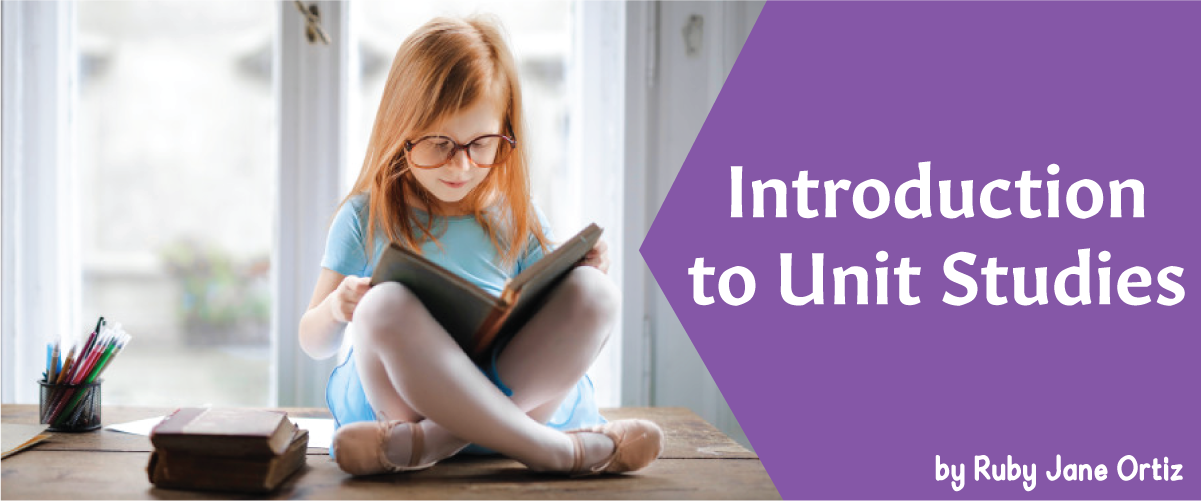|
What Is Homeschooling?
Homeschooling is an approach in which parents choose to educate their children at home instead of sending them to a traditional school. This approach began growing in the 1970s, when John Holt, Dorothy Moore, and Raymond Moore started writing about reforms in educational structure. Homeschooling provides an atmosphere where parents can provide personalized or individualized method of instruction that matches the child's unique abilities, learning styles, and interests. As Ken Robinson puts it "the key to [educational] transformation is not to standardize education, but to personalize it, to build achievement on discovering the individual talents of each child, to put students in an environment where they want to learn and where they can naturally discover their true passions." Why do people homeschool? There are many reasons why families choose to homeschool. Such reasons include dissatisfaction with the traditional school system, different educational philosophies and beliefs, and concerns about the environment in schools. Parents do not need an education degree to homeschool. Those with school-age children who have never attended a traditional school can begin a homeschooling program. If the children are in school already and the parents decide to homeschool, the the kids have to be withdrawn from the school before beginning homeschooling. What are the different ways to homeschool? Homeschooling families choose an educational philosophy that they will adapt based on their circumstances. Different philosophies or methods include Waldorf, Montessori, Charlotte Mason, classical, leadership education, interest-led learning, unit study, and more. There is also an option to be eclectic, or to combine different philosophies to meet the children's needs. How are children of different ages homeschooled together? There are many methods to teach multiple age groups. One of which is through unit studies. In unit studies, children learn the same topic together, but they perform different activities depending on their age and ability. For reading, writing, and basic math, a homeschooling parent might tutor each child on-on-one to meet the individual needs. How do homeschoolers socialize? Homeschoolers all around the world often have social networks. Some families group together to have classes and social events like playdates and field trips. What are advantages of homeschooling? Homeschooling is widely known for its flexibility. There is freedom to customize what and how the children learn. This includes freedom to choose the homeschooling method and resources that will be used. Also, homeschoolers progress according to their own pacing and schedule. They have complete freedom over the structure of their school year. Many follow the traditional school calendar, some homeschool all throughout the year, and others customize their own homeschool calendar. Based on research, on average, homeschoolers often outperform children in traditional public schools. When does homeschooling begin and end? It depends on the family who chooses to homeschool. Homeschooling can begin with kindergarten and can continue until the child graduates and enters university. Most universities now recruit and accept homeschooled graduates.
0 Comments
Do you have a homeschooler who has an INTENSE interest in a specific topic? Well, unit studies may be the best homeschooling approach for your family. Unit studies are time-specific studies of a particular topic that integrate many subject areas. For example, if your child is a super fan of giraffes (like mine), then you will craft a unit study about giraffes that incorporate activities from multiple subject areas like science, arts, math, geography, history, and music.
Unit studies can be a really exciting pathway to homeschooling, BUT as a new homeschooling mom, it can be quite scary and intimidating to plan one out. Where do you start? Where can you find resources? What should you read? What materials should you prepare? Relax, my dear, because preparing unit studies isn't overwhelming as it seems. Stay with me because on this page, you will discover what unit studies are, the reasons for choosing unit studies method, and simple steps in creating a unit study. What are Unit Studies? Unit study is one of the many homeschooling methods. This method is quite popular because it is a mastery-based approach to learning. Children study a particular topic of interest by doing activities and projects from multiple subject areas. They don't just focus on one subject, read a chapter of a textbook, and then take a quiz. Instead, they learn about a topic deeply by studying it from multiple perspectives. Let's take the topic "Dinosaurs" as an example. Dinosaurs are often studied under the subject area "Science". However, dinosaurs can also be studied in the arts (painting a tyrannosaurus rex), history (studying the Triassic period), geography (finding the locations of dinosaur bones), writing (crafting stories about dinosaurs), and math (estimating the number of dinosaurs). A unit study approach takes a topic and studies it by integrating relevant subjects such as science, social studies, language arts, math, and fine arts. The unit study method especially works well for:
Reasons For Choosing Unit Studies Method in Homeschooling Unit studies method is a mastery-based approach to learning. First, let's examine the traditional "curriculum" used by the public school system (and some homeschoolers). In such curriculum, textbooks are read, information is memorized, and worksheets are used to test the retention of information. What is the reward for completing a worksheet? Well, more worksheets. There is little room for curiosity, creativity, and critical thinking skills. In addition, children learn topics under a "subject" area, such as science, history, math, language arts, and many others. There is little opportunity for integration. In contrast, unit studies enable deep focused learning. A topic is chosen based on the child's interest. The topic will be studied across the curriculum. The child reads many books from different subject areas and genres, uses a variety of resources, and performs cross-curricular activities. In unit studies, there are many opportunities to spark curiosity, utilize creativity, and develop critical thinking skills. The child gets to see the topic as a whole, rather than as segmented and disconnected pieces of information. Unit studies help raise a child who loves learning. Unit studies method is "curiosity-directed." The learning process happens in areas in which the child has an intense passion or interest. And when the child gets a choice in what he or she gets to learn, love for learning takes place. And isn't that the mission for most of us - a child who loves learning? Homeschooling with unit studies is flexible and easy. Unit studies are flexible and simple to use. They can be easily adjusted to fit your child, instead of trying to fit your child into the recommended curriculum. There are also many available pre-written unit studies or you can create your own. Creating a Unit Study So how do you create a unit study? Read on and give it a try. Choose a topic (or theme) with your child. Ask your child about his interests. What fascinates him? What makes him curious? (You might have an idea about the answers but it's still good to ask.) You can also suggest some things that you are interested in. Then decide and agree that you will be both learning about that topic. Find and gather resources. Do you have a library card? That will be your best tool for unit studies. Go to a local library, look for resources about the topic. Look for fiction and nonfiction books, journals, CDs, DVDs, anything your library offers. To avoid getting overwhelmed, choose one particular resource you like. (I often choose one specific book.) Look at the pages of that book. What words do you want your child to learn? (I try to limit my choices of up to 2-3 words per page.) Write these words. Then start listing subtopics. What subtopics do you want to discuss with your child? List them down. Based on these subtopics, what cross-curricular activities can you think of? List the activities beside each subtopic. You can also start searching the Internet about activities. See what you come up with. (Just a side note: I try to avoid using the Internet during my first phase of research because I often fall into a rabbit hole, especially when I go to Pinterest and Youtube.) Create a schedule. Write down a rough plan of what you want to do each day. But please, expect some detours and setbacks. You might start studying dinosaurs but end up studying the planet Mars. Once you start your unit studies, the possibilities of opening new paths to learning are endless. Be flexible. Let your child direct the path. Be their patient and helpful guide. Record your adventure. Record what you have accomplished daily (or weekly). You need these records when you create your portfolio. Also, let your child record his/her own experiences in a journal, lapbook, or notebook. Make sure you take pictures and videos to record progress and results. Here are more helpful tips when creating your own unit study:
Now, I would love to hear from you. Have you tried homeschooling with unit studies? Are you planning on trying them? What are your thoughts? Are you excited, worried, or maybe both? Write them down on the comments below. Enjoy your adventure, Ruby |
Hello!I’m Ruby! I am an educator and curriculum designer dedicated to helping homeschooling parents of spatial learners ages 5 to 9. ArchivesCategories |



 RSS Feed
RSS Feed